Former Deputy President Rigathi Gachagua has accused Inspector General of Police Douglas Kanja of betrayal, alleging that he significantly influenced Kanja’s rise to power.
Gachagua claimed their shared history as neighbors in Nyeri was instrumental in securing Kanja the top position in the police service, yet the IG has since acted against him.
These allegations were accompanied by Gachagua’s frustrations over the withdrawal of his security detail and the failure to take action against individuals who disrupted a public event in Limuru.
The security withdrawal has raised questions about whether it was a targeted political move against Gachagua following his impeachment earlier this year.
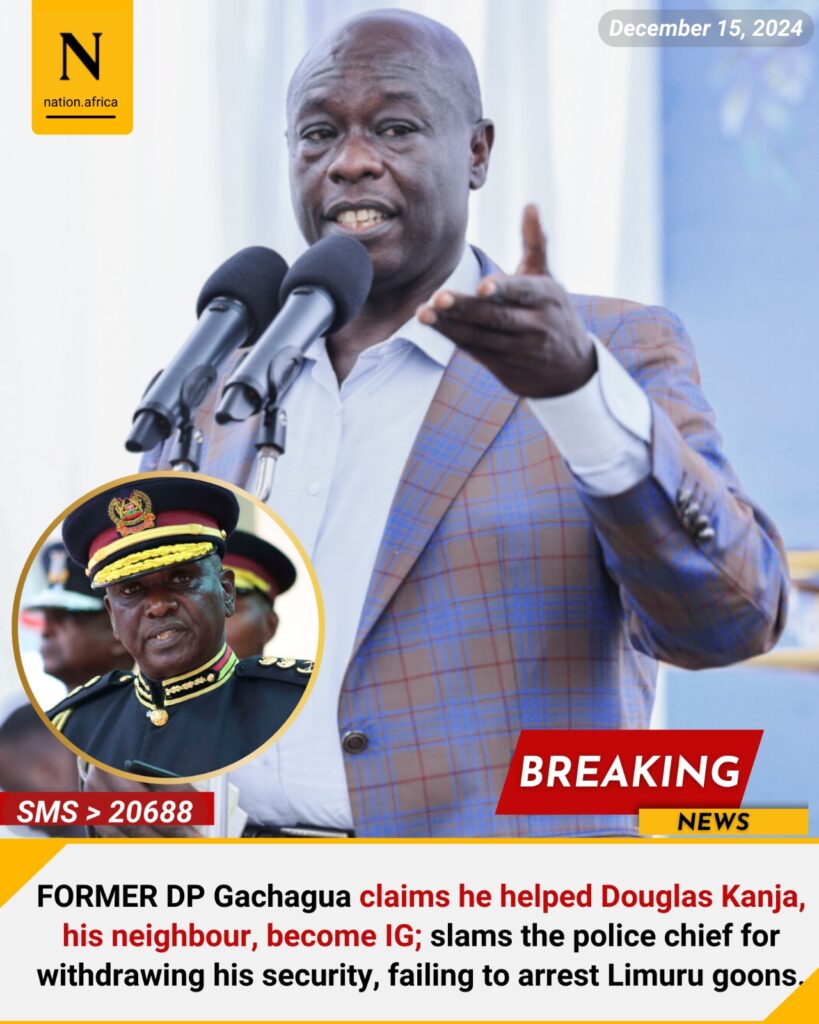
Critics suggest that such actions reflect a broader trend of using state machinery for political ends, a claim that adds to public concerns about the independence of the police.
Gachagua’s remarks echo sentiments shared by opposition leaders, who have long accused the government of undermining democratic principles through the selective use of law enforcement powers.
Further complicating the matter is the controversy surrounding Kanja’s appointment as IG.
According to Senator Okiyah Omtatah’s court petition, the process violated constitutional guidelines requiring competitive recruitment.
Omtatah and other stakeholders argue that the President bypassed due process to install Kanja, setting a dangerous precedent for leadership appointments.
Such allegations have cast doubt on the legitimacy of Kanja’s leadership and the impartiality of the police force.
Gachagua also criticized Kanja for his failure to arrest the perpetrators of the Limuru attack, describing it as evidence of weak leadership and selective law enforcement.
This inaction has been a recurring criticism against the police service, with some observers noting a pattern of ignoring politically sensitive cases.
Kanja’s leadership has come under scrutiny as MPs and civil society groups demand reforms to strengthen the independence and effectiveness of the police.
The lack of action in Limuru has further undermined public trust in the institution, raising concerns about accountability and justice.
These developments reflect deeper tensions within Kenya’s political landscape, where security agencies are often caught in the crossfire of power struggles.
Gachagua’s criticisms highlight the challenges of maintaining impartiality and professionalism within the police service, particularly in an environment characterized by political rivalry.
As Kanja faces increasing scrutiny, his ability to restore confidence in law enforcement remains uncertain.
Meanwhile, Gachagua’s grievances underscore the persistent issues of loyalty, governance, and accountability in the country’s leadership.
These events will likely continue to shape Kenya’s political discourse in the months ahead.







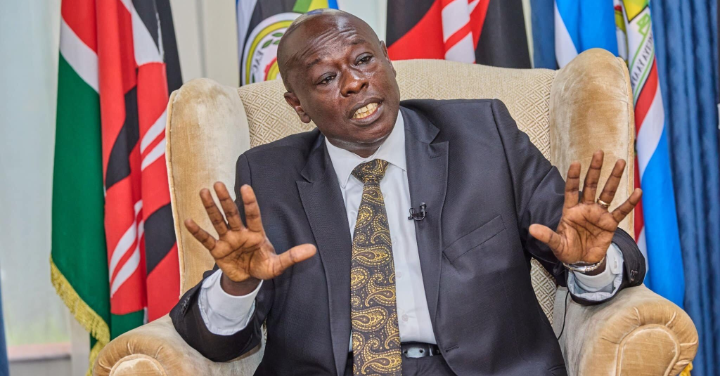
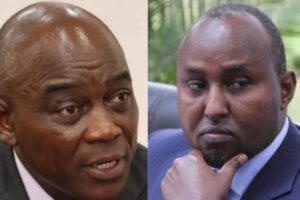
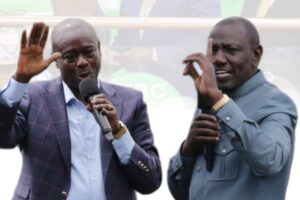


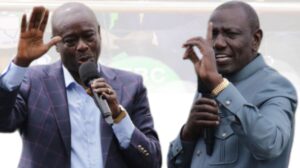



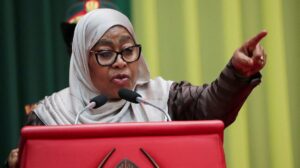
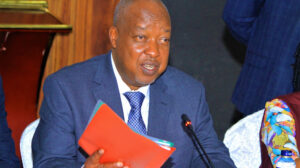

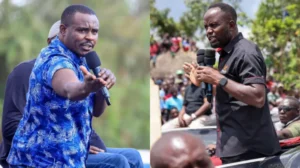

Add Comment